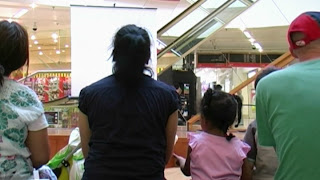Under the Radar: The Contribution of Civil Society and Third Sector Organisations to eInclusion

The European Union is waking up to the "social capital" potential for ICT. Researchers have noticed that many voluntary and community groups exist 'below the radar.' (They may wish to stay that way to avoid the interference of the state?) Alexandra Haché (2011) writes "Each Third Sector Organization (TSO) has its own tradition/capacity in developing tactical uses of ICT in order to overcome its weaknesses or boost its strengths. Levels of access, uptake and appropriation of ICT are different among TSOs and their participants. Additionally, TSO involvement with ICT ranges from using ICT simply as a tool at one extreme, to aiming expressly to have an effect on digital inclusion and social inclusion supported by ICT at the other. The study has also shown the importance of taking into account as key actors those TSO which are “under the radar”. The large numbers of small, medium and/or ephemeral organizations in this category not only shape the variety,...





